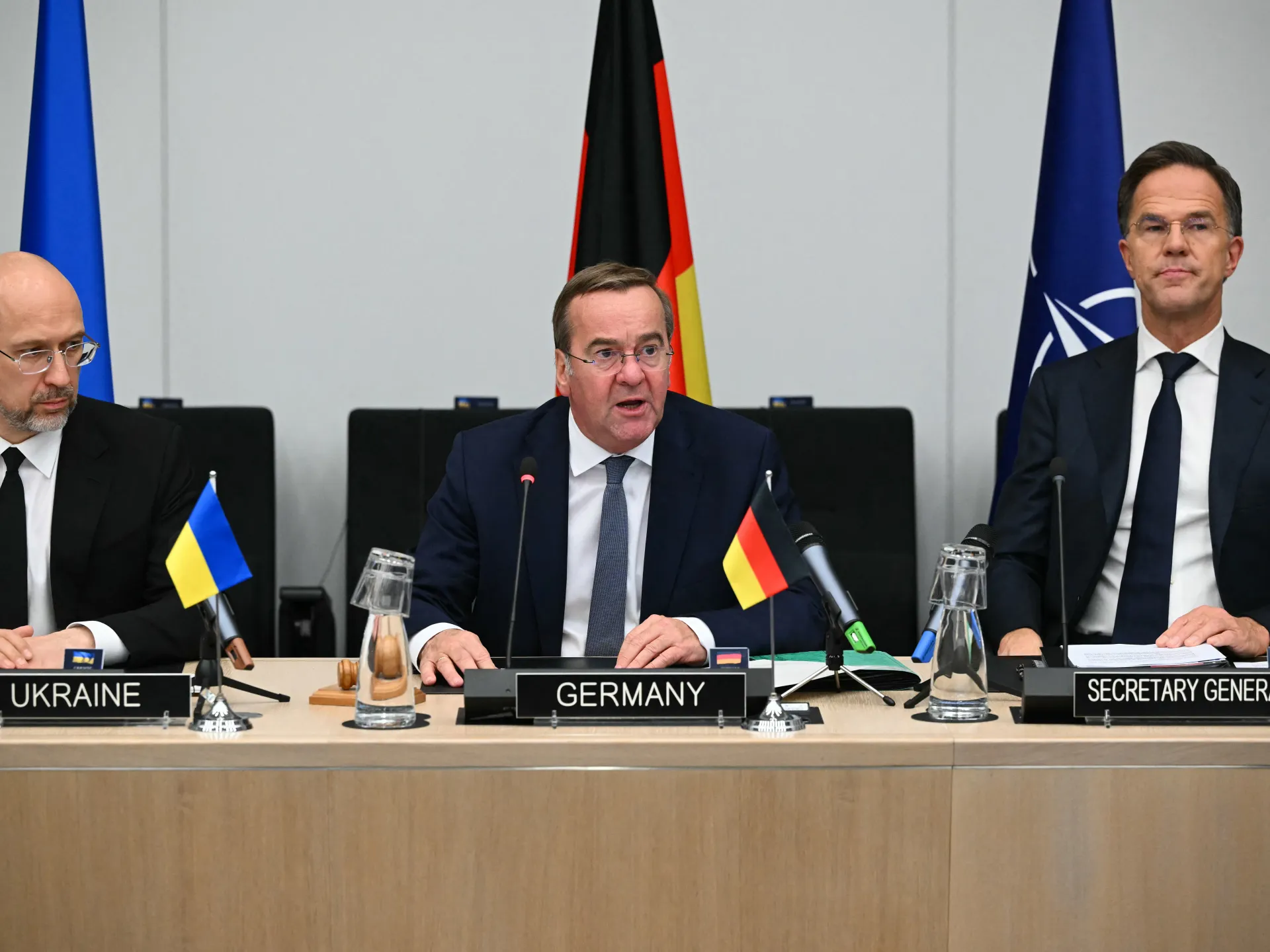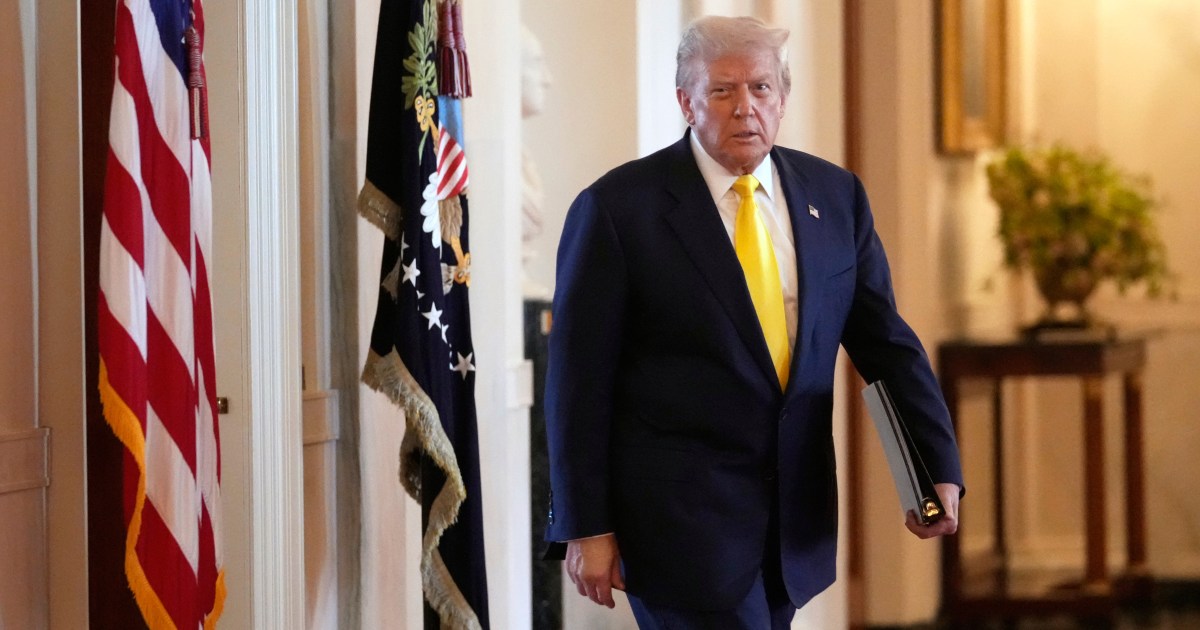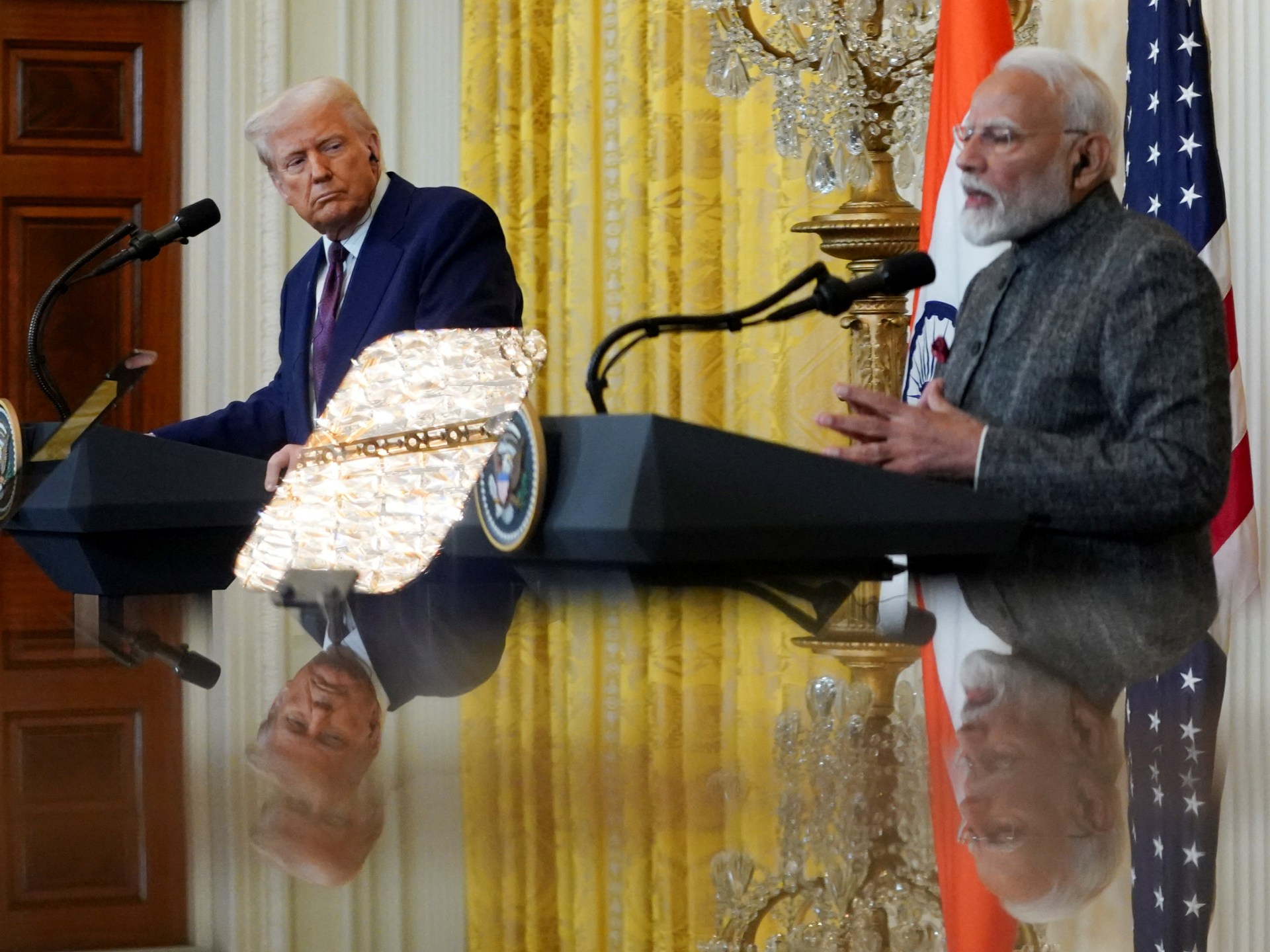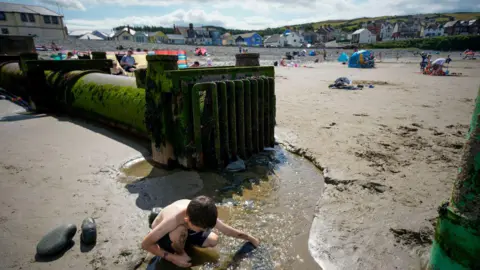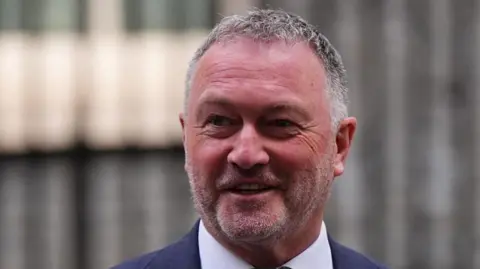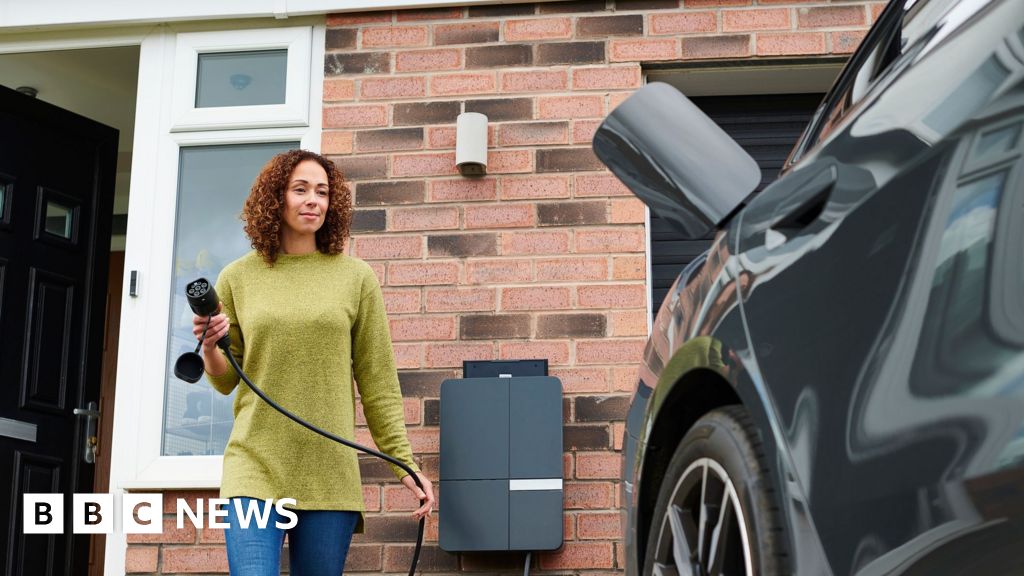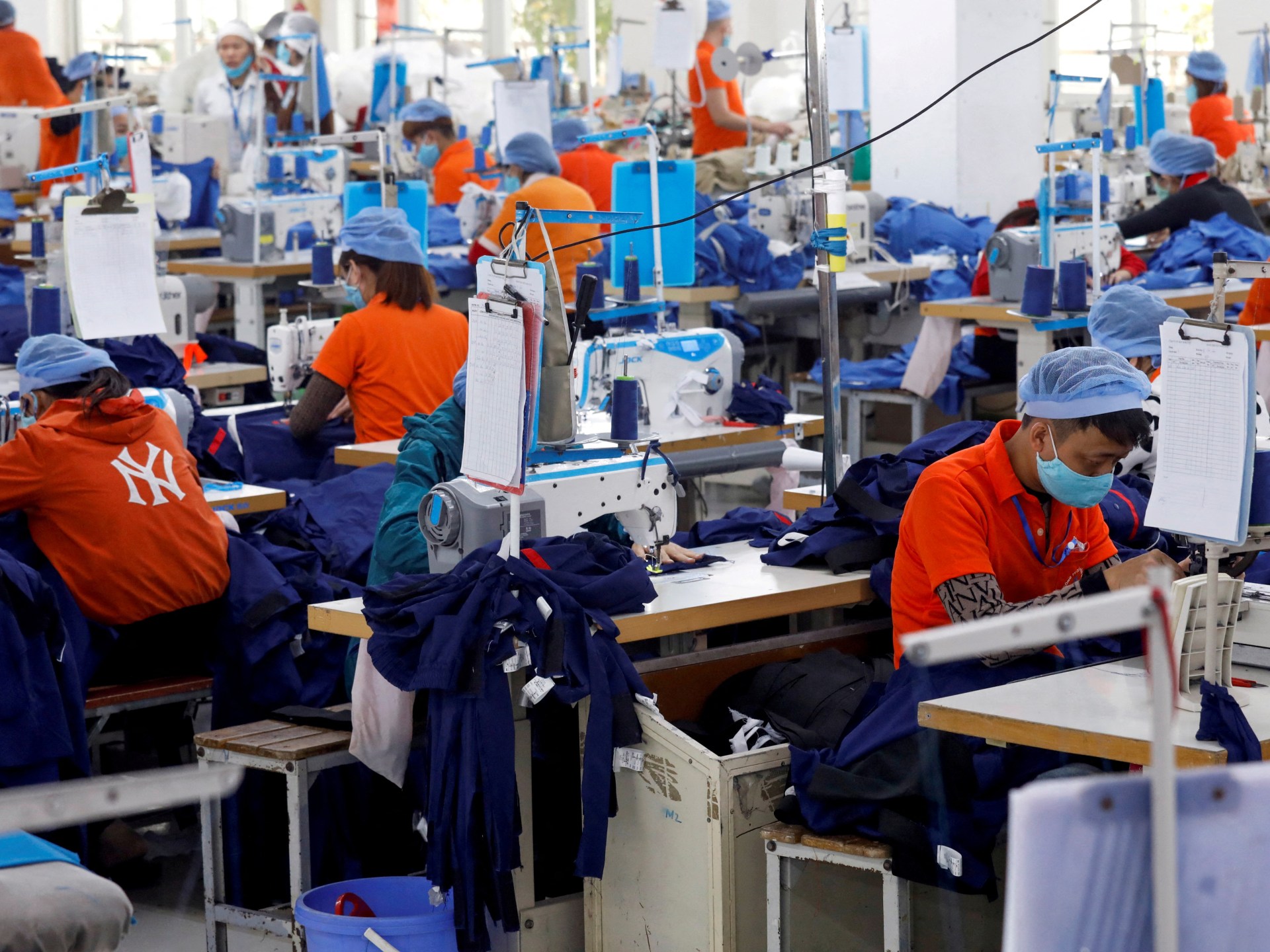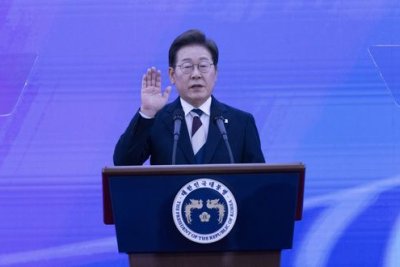SAN DIEGO — President Clinton arrived here Monday pledging again to make special efforts to help Californians with their economic problems but asking that they in turn agree to the sacrifices demanded in his pending budget plan.
Clinton, beginning a two-day campaign-style swing through the West to gather support for his agenda, reminded a crowd of several hundred that greeted him at the North Island Naval Air Station that he had vowed his help for California’s problems during his campaign.
“We are going to work our hearts out in Washington in order to move this state together,” he said. And he cited his proposals to foster defense conversion, to provide federal support for California’s special immigration problems and to stimulate the economy in a way that would help California’s ailing real estate industry and small businesses.
“California needs an economic strategy that will be built from the grass roots up, but will have a partner in the White House,” he declared, adding, “the federal government’s going to do more to pay our fair share.”
At the same time, Clinton renewed his call for Americans to support his budget against resistance from congressional Republicans and others.
“When you hear people say ‘No, no, no,’ ask where they were for the last 12 years,” he said. Referring to his Republican predecessors, he said “the most popular thing to do in public life is to cut taxes and raise spending. But sooner or later your string runs out.”
Clinton’s appearance began the second straight week of forays into the country to drum up support for an economic program that has lost ground in the polls. On Monday evening he was scheduled to take questions from the public in a live, hourlong TV “town hall” broadcast from San Diego’s KGTV, Channel 10. Today he is to visit Los Angeles Valley College in Van Nuys to talk about worker retraining, and later to stop at a business on Florence Avenue in South-Central Los Angeles to promote his plans for urban redevelopment.
He spent much of Monday at a stop in Los Alamos, N. M., pointing to the Los Alamos National Laboratories, where the atomic bomb was developed during World War II, as proof of the potential of his five-year, $20-billion defense conversion plan.
Clinton said the 50-year-old laboratory’s early move into commercial enterprises proves that defense industries can be successfully converted to commercial use in the aftermath of the Cold War. But he also used the occasion to stress his No. 1 theme, that Congress needs to pass his economic program to cut the deficit and step up spending that will strengthen the economy.
In remarks at Los Alamos High School, Clinton said the 7,600-employee nuclear laboratory had made important contributions to the weapons research that kept pressure on the Soviet Union during the Cold War. He said that in the last several years the lab’s efforts to find commercial applications for its research had spawned 30 companies and 100 government-industry partnerships.
Clinton said such relationships would begin the kind of “economic chain reaction” that could help the nation create high paying jobs.
The laboratory, with an annual budget of $1 billion, conducts commercial research into batteries, oil recovery, advanced materials and other such projects. Clinton cited its advances in the process called ion implantation, which is used to make stronger materials and which grew out of research begun on the Strategic Defense Initiative, or “Star Wars,” launched by President Ronald Reagan.
Only last week, Secretary of Defense Les Aspin declared an official end to the “Star Wars” program. But Clinton acknowledged: “Something good came out of it, because people were looking to break down frontiers.”
But as he spoke about defense conversion, Clinton repeatedly moved into discussion of the need for sacrifices to cut the federal deficit. “Everybody’s for deficit reduction in general, it’s the details that swallow us whole,” he told a crowd of several thousand.
The Los Alamos laboratory had been spared deep cuts, but under Clinton’s proposed budget it faces about $40 million in budget cuts that officials say could force the layoff of about 100 people.
Clinton’s two-month old defense conversion program proposes to spend $19.6 billion over the next five years. The money would go to retrain workers displaced by military cutbacks, to allow early retirement of some military and civilian workers, for environmental cleanup and for grants to help military contractors find civilian applications for their work.
Critics have charged that the program underestimates the difficulty of converting defense businesses to civilian work. And they say that in any case the $19.6 billion will have only a limited effect in helping the 2.5 million workers who could lose their jobs in the next decade.
But Clinton asserted: “It is a good beginning.”
Pressed by slumping polls and unresolved questions about his Bosnian policy, Clinton has sought to rebuild support for his program by explaining its payoff for Americans, and particularly for the middle class.
The President hopes that strong public support will bring pressure on Congress to go along with his economic and health care plans.
Clinton’s appearance in Los Alamos was well tailored to his goal of using the news media to drum up support. To ensure that enthusiasm was high, the organizers bused in thousands of high school students; they passed out American flags just before the event began.
Located on a valley overlooked by the snowcapped Sangre de Cristo mountains, the event made a striking picture.
Clinton came close to a faux pas at one point in his remarks, calling Los Alamos “Los Angeles.”
A chorus of boos followed. But Clinton tried to make a graceful recovery:
“I’m going there tomorrow,” he explained to the crowd. “And if I say ‘Los Alamos’ there, will you cheer?”
As has become his habit, Clinton spent part of his day conducting interviews with TV news stations, in an effort to give his message wide and largely unchallenged access to local markets.
The President’s California visit is his second since the election to a state that his advisers say is key to his strategy for 1996.
California’s unemployment rate fell to 8.6% in April, from 9.4% in March. But the state’s rate still lags far behind the national rate of 7%.
Part of Clinton’s hope to help California was stymied when Senate Republicans blocked the $19-billion economic stimulus proposal that would have channeled more than $2 billion to the state.
After the TV town hall, Clinton was scheduled to appear at a reception for local politicians and supporters at the television station, then to attend a dinner at the home of Larry and Shelia Lawrence. The Lawrences own the Hotel Del Coronado and are Clinton supporters.
